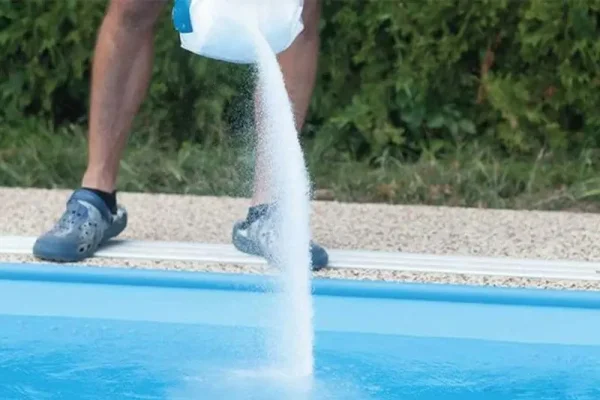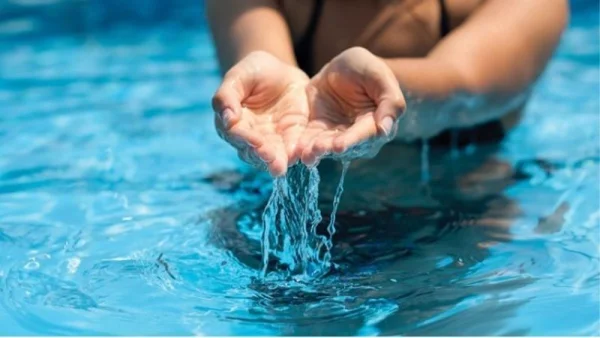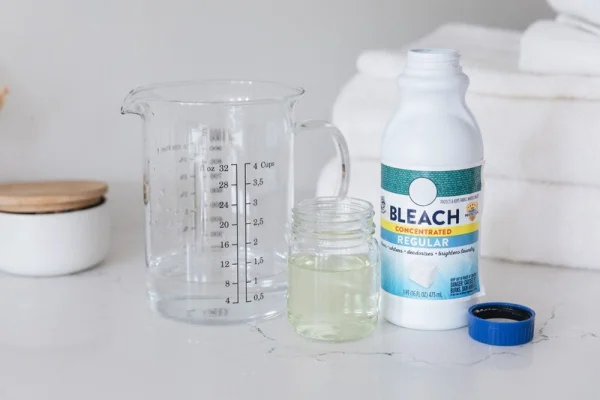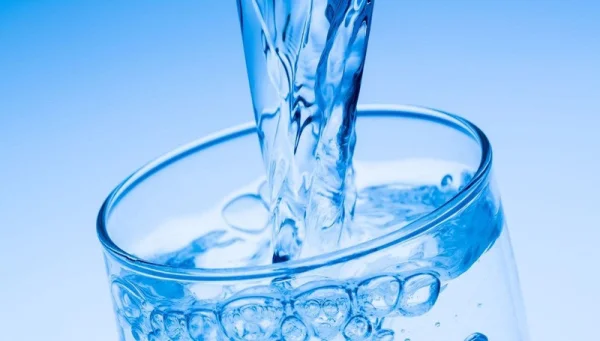
Chlorine tablets are a widely used chemical in various industries, particularly in the field of water treatment. However, not everyone fully understands the impressive water treatment capabilities of this versatile product. In this comprehensive guide, we will explore the diverse applications and remarkable benefits that chlorine offer, empowering customers with the knowledge to unlock their full potential.
Practical applications of Chlorine Tablet
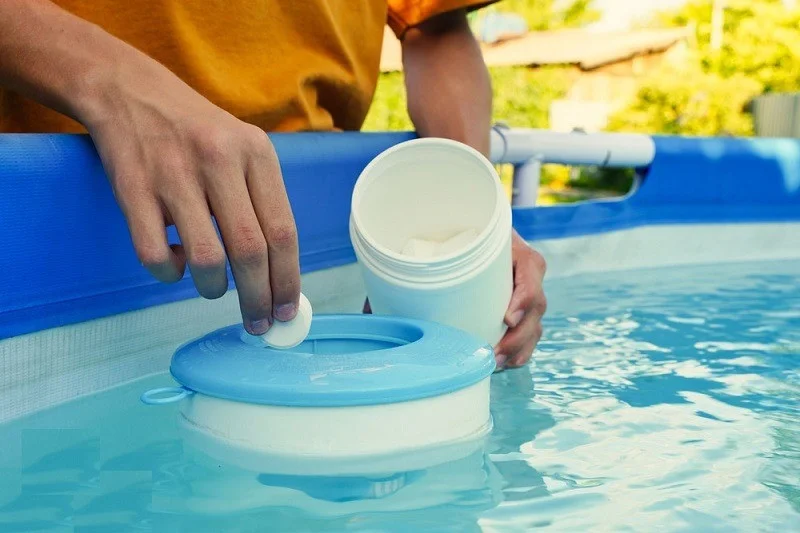
Chlorine in water treatment
Chlorine tablets are a widely used chemical in various industries, particularly in the field of water treatment. We will now provide a detailed introduction to the most commonly used applications of Chlorine.
Sanitation and Disinfection
- Disinfection and sanitization for domestic, commercial, and industrial use, including cleaning and disinfecting floors, cages, and wastewater treatment.
Pool and Water Treatment
- Disinfection and cleaning of swimming pool water, eliminating algae, bacteria, and other microorganisms to restore the water to a sparkling, clean condition.
- Pre-treatment and disinfection of water in industrial settings, such as manufacturing facilities and aquaculture ponds, to maintain water quality for various industrial processes.
Cooling System Maintenance
- Used in cooling systems for machinery and equipment to help maintain cleanliness and efficiency.
Textile Industry Applications
- Employed as a cleaning and bleaching agent for fabrics, including cotton, synthetic fibers, and chemical-based materials, in the preparation, dyeing, and finishing stages of textile production.
Agricultural and Preservation Uses
- Potential use as a preservative to help maintain the quality and longevity of crops during storage and transportation.
- Deodorizing properties make them suitable for use in industrial settings, such as distillation plants, to mitigate unpleasant odors.
Proper Usage Guidelines for Chlorine Tablets
Effective use of chlorine tablets is essential to maximize their benefits and minimize potential risks. Here are some key guidelines to consider when using these versatile chemicals:
Proper Dosing and Administration
- Chlorine tablets should not be directly tossed into the water body or system. They should be introduced through a dosing or injection device to ensure even distribution and consistent dosage throughout the entire volume of water.
- For swimming pool applications, a 20-gram chlorine tablet can treat 1 cubic meter of water, and a maintenance dose of 10 tablets per 50 cubic meters of water every 2-3 days is recommended for larger public pools.
Safety Precautions
- Appropriate personal protective equipment (PPE), such as gloves, goggles, and a mask, should be used when handling chlorine tablets .
- In the event of accidental exposure, the affected area should be immediately rinsed with clean water, and medical attention should be sought if necessary.
Avoiding Sunlight Exposure
- Chlorine tablets should never be used in direct sunlight, as the disinfecting properties of the chlorine can be significantly reduced under UV radiation. Treatments should be performed in shaded or covered areas.
Proper Dosage and Dilution
- Customers should always use chlorine according to the recommended dosage and dilution instructions to avoid potential health and environmental hazards.
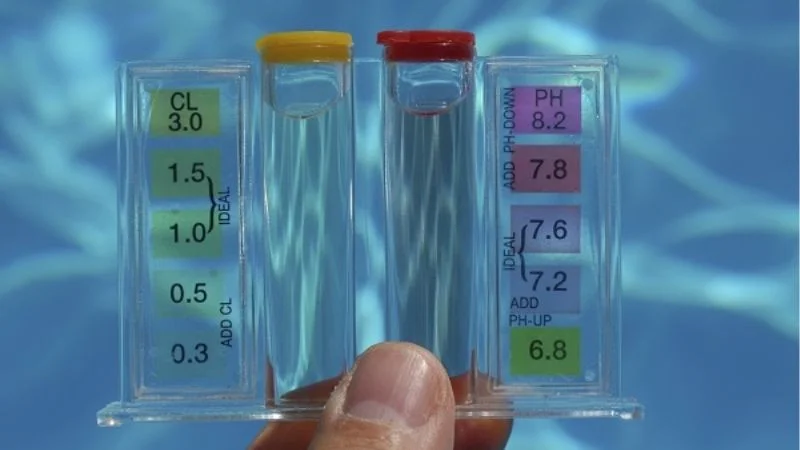
Ensuring proper usage of Chlorine Tablets
Advantages of Using Chlorine Tablets for Water Treatment
Chlorine tablets offer a range of advantages that make them a preferred choice for various water treatment applications:
Ease of Use and Handling
Chlorine tablets are relatively simple to use, as they can be easily added to the water system without the need for complex machinery or equipment. Their solid form also makes them convenient to transport and store.
Solubility and Stability
Chlorine tablets dissolve readily in water and maintain a high level of stability, ensuring consistent and reliable performance throughout the treatment process.
Protective Additives
Many chlorine tablet formulations include additional components, such as cyanuric acid, which help protect the chlorine from degradation under sunlight exposure, further enhancing the product's effectiveness.
Compatibility with Filtration Systems
The use of chlorine tablets does not typically interfere with the operation of water filtration systems, allowing for seamless integration into existing water treatment infrastructure.
Residual Chlorine and Longevity
Chlorine tablets have the ability to maintain a stable residual chlorine concentration in the treated water, ensuring a prolonged disinfecting effect and optimizing the efficiency and cost-effectiveness of the treatment process.
Minimal Turbidity and Sedimentation
Unlike some other water treatment chemicals, chlorine do not tend to cause excessive turbidity or sedimentation in the treated water, minimizing the need for additional cleanup or maintenance.
Consistent Dosing
The controlled release of chlorine from the tablet formulation helps to maintain a consistent dosage throughout the treatment period, ensuring reliable and consistent results.
Precautions and Safety Considerations
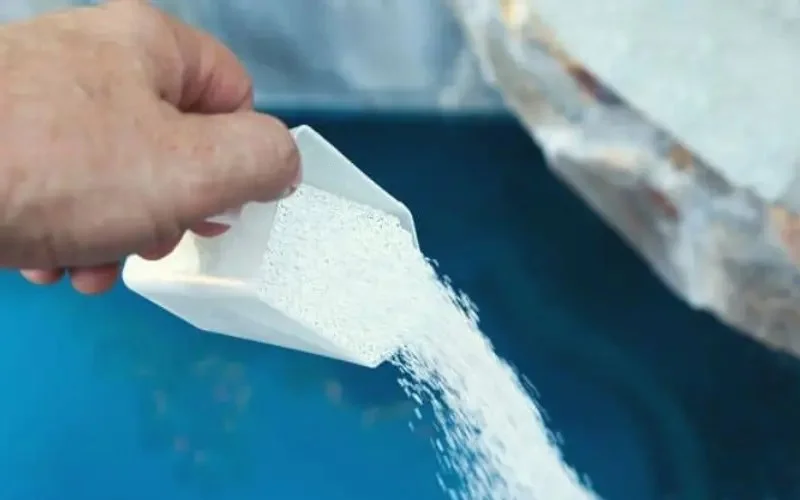
Handle Chlorine with care
While chlorine tablets offer numerous benefits, it is essential to be mindful of certain precautions and safety considerations when using these products. This section provides a comprehensive overview of the key safety aspects that users should be aware of.
Personal Protective Equipment
The use of appropriate personal protective equipment (PPE) is crucial when handling chlorine tablets. Users should always wear gloves, goggles, and a mask to minimize the risk of exposure to the chemical. This safeguards the user's health and prevents any accidental contact with the skin, eyes, or respiratory system.
Accidental Exposure
Despite best efforts, there is always the possibility of accidental exposure to chlorine tablets or the solution. In such an event, it is critical to act swiftly and follow the recommended procedures. The section emphasizes the need to immediately rinse the affected area with clean water. This immediate action can help mitigate the potential harm caused by the exposure. Furthermore, it stresses the importance of seeking medical attention if necessary, ensuring that any serious consequences are properly addressed by trained medical professionals.
Proper Storage and Handling
Appropriate storage and handling practices are essential to ensure the safe use of chlorine tablets. The section advises users to store the tablets in a cool, dry, and well-ventilated area, away from direct sunlight and any incompatible materials. This helps maintain the stability and effectiveness of the chlorine while minimizing the risk of accidents or incidents during storage.
Additionally, the section emphasizes the need to follow proper handling procedures. This includes taking precautions to avoid spills or other incidents that could compromise the safety of the user or the surrounding environment. By adhering to these guidelines, customers can handle this product with confidence and minimize the potential for mishaps.
Compliance with Regulations
This final aspect addresses the importance of compliance with relevant regulations. It highlights the need for users to ensure that the use of chlorine tablets aligns with all applicable local, regional, and national regulations about the handling and disposal of chemical substances.
Compliance with these regulations is crucial for several reasons. It helps protect the environment, safeguards the health and safety of the users and the wider community, and ensures that the use of chlorine tablets remains within the established legal and regulatory frameworks. By adhering to these guidelines, customers can demonstrate responsible and ethical practices in their use of this versatile water treatment solution.
Conclusion
By adhering to these safety guidelines and best practices, customers can maximize the benefits of chlorine while minimizing potential risks and ensuring the safe and effective use of this versatile water treatment solution.
In conclusion, chlorine tablets have a wide range of applications, from disinfection and sanitation to industrial water treatment and agricultural preservation. With their ease of use, solubility, and consistent performance, these versatile chemicals have become an invaluable tool in the arsenal of water treatment professionals and industrial operators. By understanding the proper usage and safety considerations, customers can unlock the full potential of chlorine tablets and enjoy the many advantages they offer.
Related Articles
Chlorine 70: The Powerful Disinfectant
Chlorine is a powerful chemical with strong oxidizing and disinfecting properties. It is widely used ...
Effective Ways to Neutralize Chlorine in Water
Chlorine is a chemical element belonging to the Halogen group, and it has widespread applications in ...
Is It Safe To Use Chlorine in the Food Industry?
Chlorine is a highly versatile chemical that plays a crucial role in various industries, including ...
How to Effectively Chlorinate Your Pool
Maintaining a clean and safe swimming pool is crucial for ensuring a refreshing and enjoyable ...
Difference Between Chlorine and Bleach Chemicals
Chlorine and Bleach are powerful oxidizing agents with similar applications in disinfection, ...
Is Chlorine in Water Harmful?
Using chlorine in water to disinfect has helped purify the water and reduce the risk of waterborne ...


